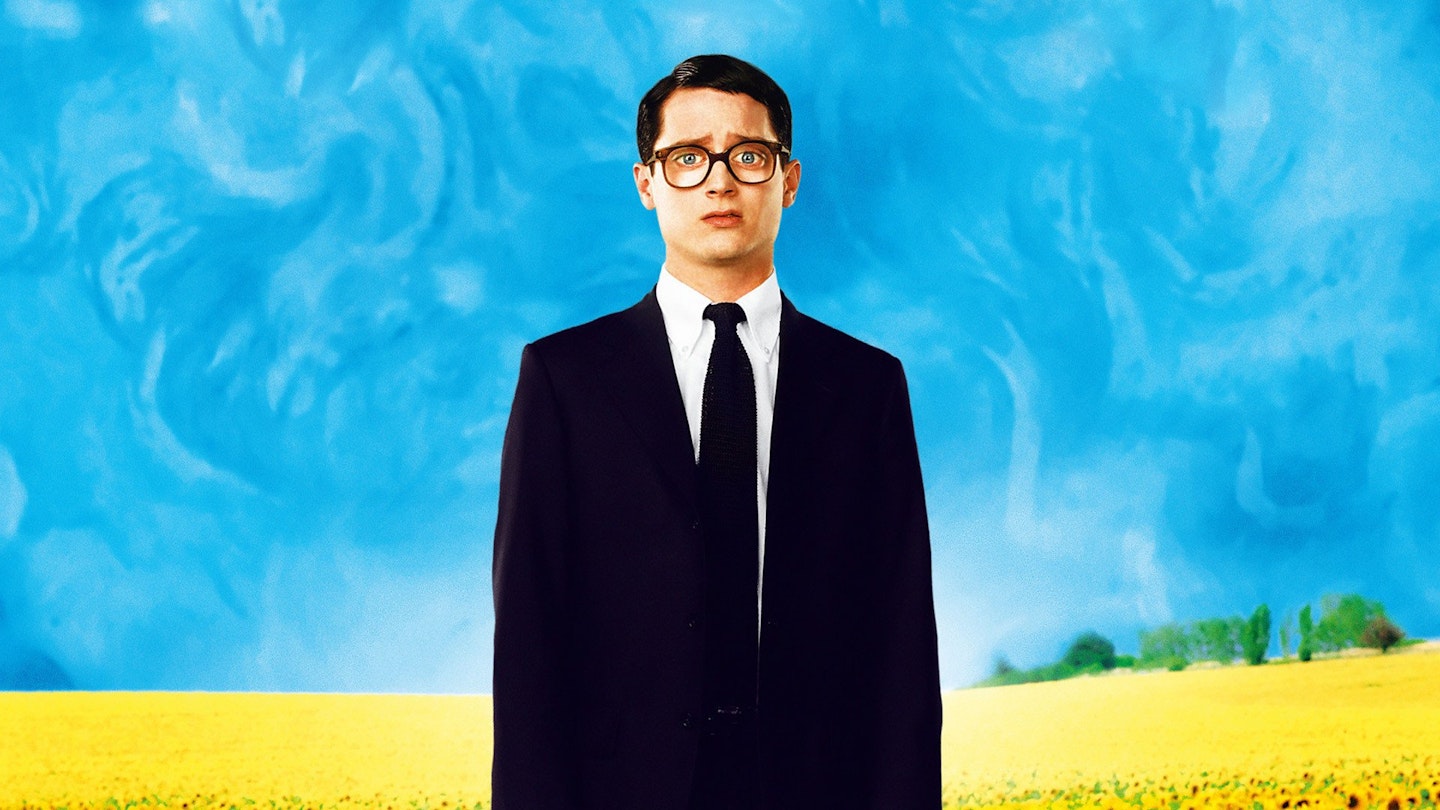Jonathan Safran Foer’s debut novel, written in his early 20s, has a striking effect on those who read it. Some are impressed by its precocious talent, its whimsical collision of foreign cultures and magic-realist digressions into Jewish history. Others throw the book across the room, finding it smug, smart-arsey and borderline racist. There’s really no middle ground, and Liev Schreiber’s considered and surprisingly lean adaptation — his assured directing debut — will do little to upset the admirers or convince the critics.
It begins in the present day, where Jonathan (Elijah Wood), a sort-of-writer, is collating artifacts from his closed-off life. The death of his grandfather ignites a curiosity about his European roots, so Jonathan takes off to the Ukraine, equipped only with a black suit, some plastic bags and a picture of the peasant woman who may or may not have been instrumental in his grandfather’s departure for the West. But when he arrives, Jonathan’s romantic expectations are dashed: the villages of the past, or shtetls, are long gone, and the rustic idyll cemented over in the dying throes of Communism.
Which may sound like the opening to something turgid and mournful, but, for a novice, Schreiber plays a very bold game, stripping out the novel’s folklore and committing to its modernity. Central to this is Eugene Hutz’s Alex, a gangly, beady-eyed culture vulture who descends on Jonathan with an almost insatiable curiosity. Just as Jonathan backs away from reality, Alex grabs it and tackles it, creating an odd-couple chemistry that’s only enhanced by Wood’s generous, second-string performance, which begins inscrutably enough and in the final frames almost morphs entirely
into a moving, Magritte-like enigma.
Carrying it forward, however, is Hutz, a captivating first-timer whose gypsy-punk boho band Gogol Bordello keep the movie pumping forward on a soundtrack that owes a massive but nevertheless enjoyable debt to the films of Emir Kusturica. Schreiber never quite musters the rude health of Kusturica in his prime, and his strange decision to tweak the crucial twist of the source material might wrong-foot a few viewers, but this is a creditable, and credible, adaptation of a book that many considered unfilmable.
